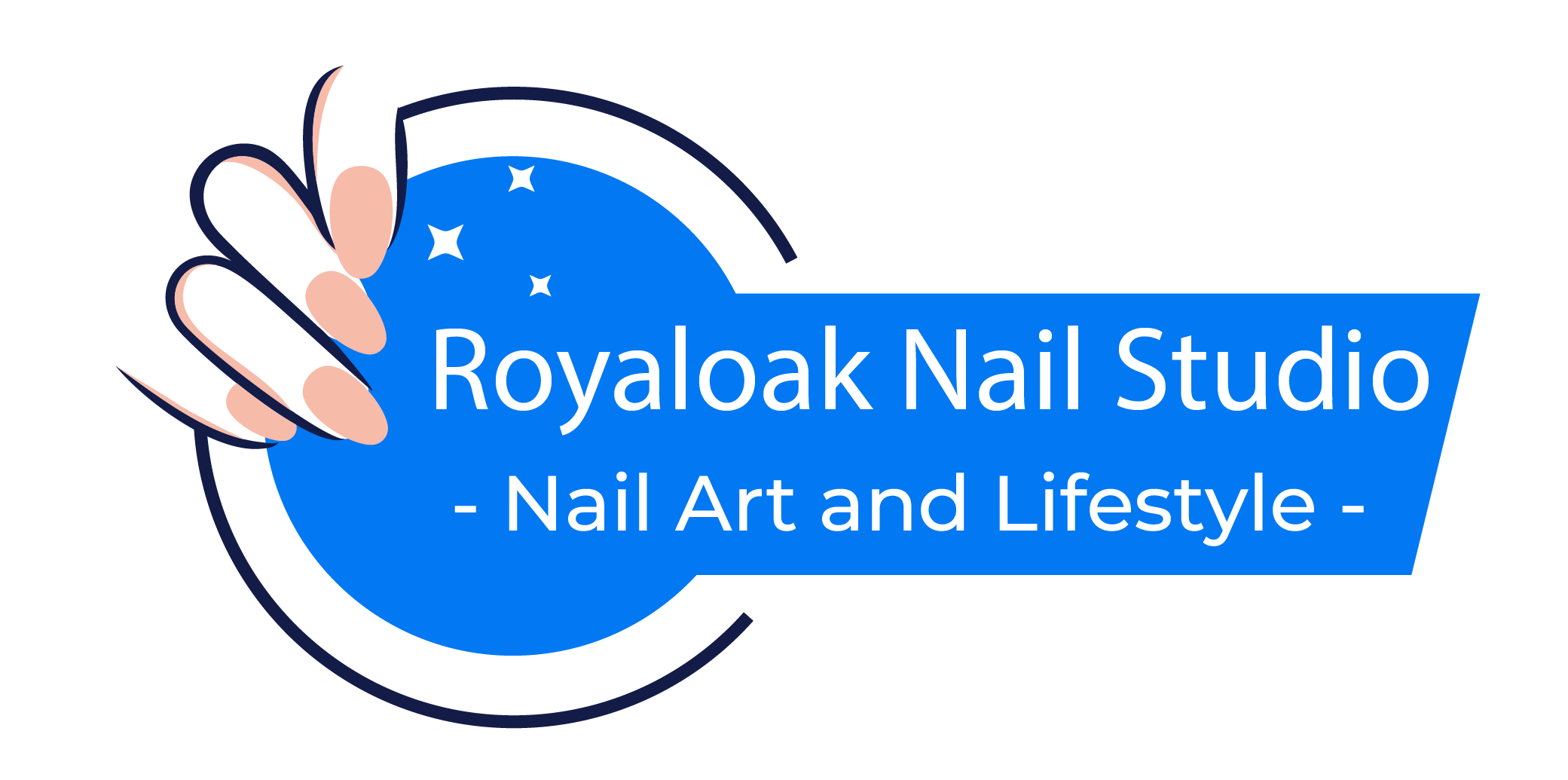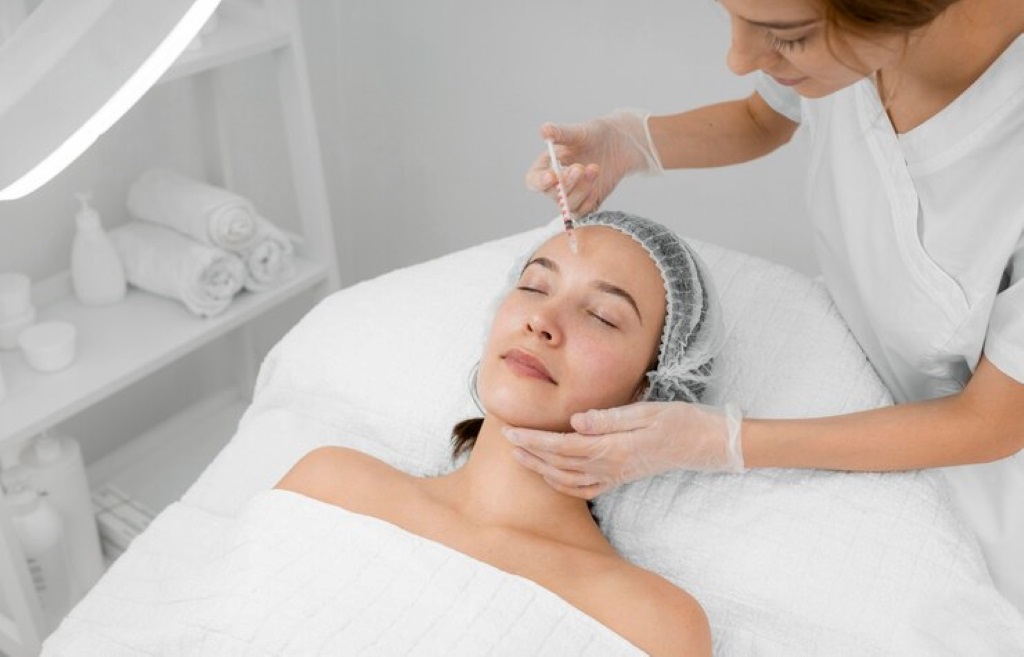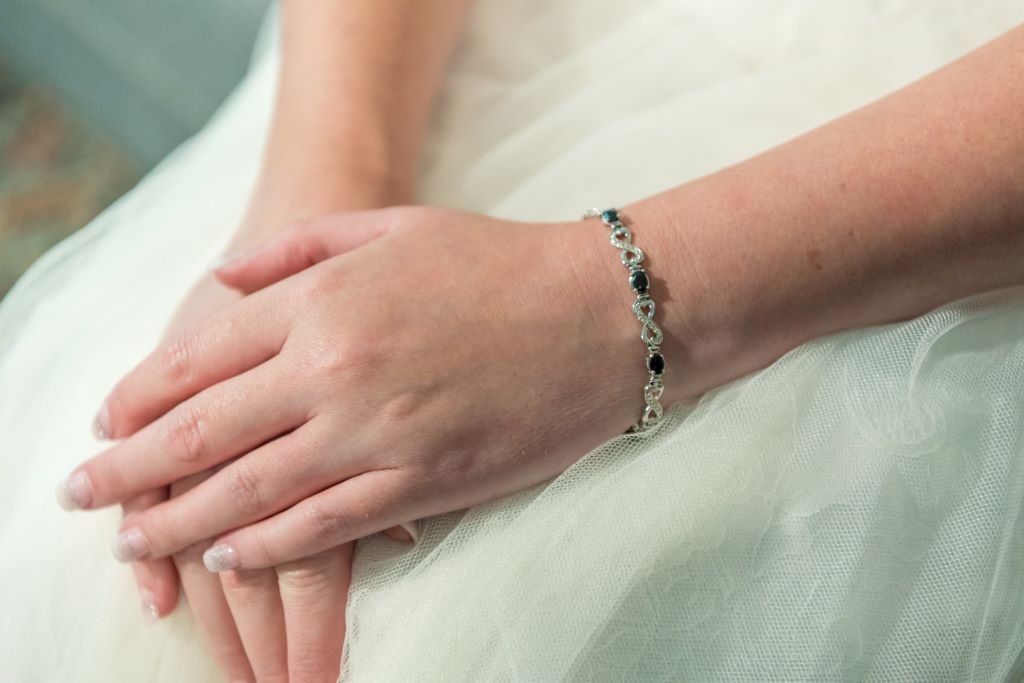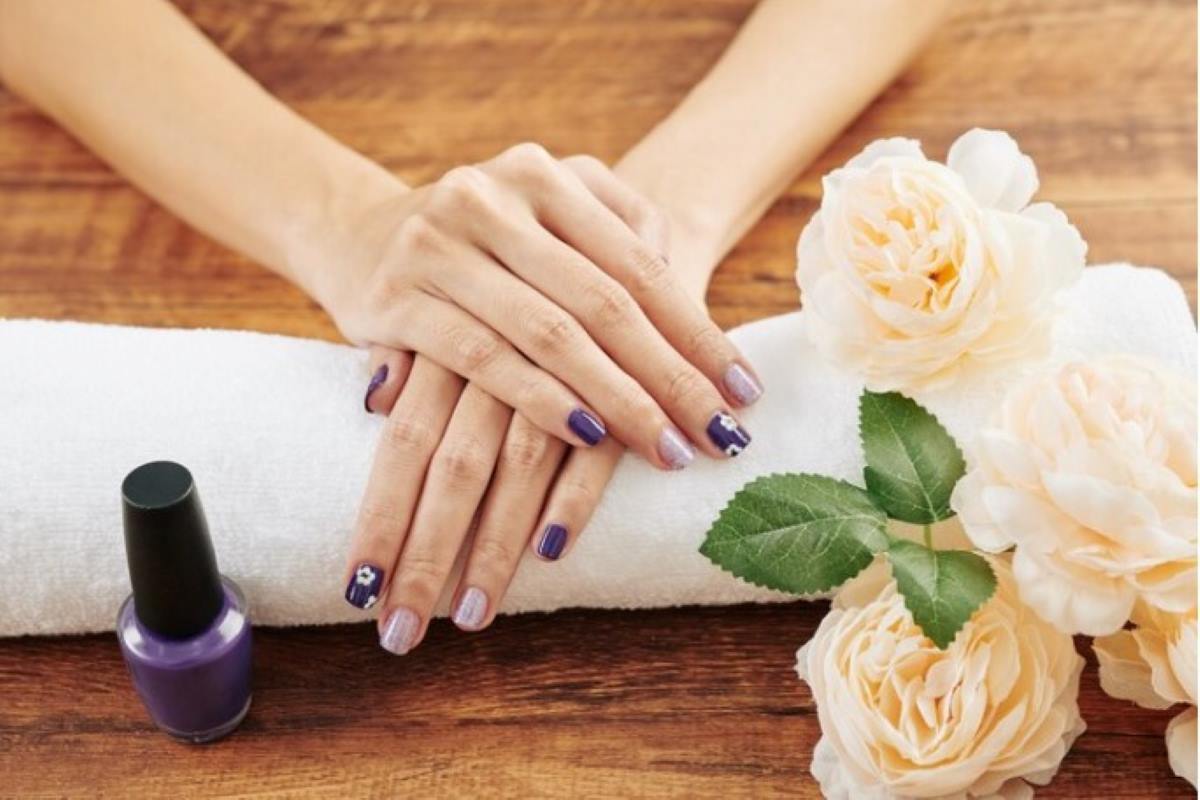Skin health and appearance play a crucial role in our overall well-being and confidence. Acne, a common skin condition affecting millions worldwide, can significantly impact one’s self-esteem and quality of life.
However, with advancements in dermatological science and skincare technology, effective acne treatments have become more accessible than ever.
In this comprehensive guide, we will explore acne treatment options aimed at rejuvenating your complexion, restoring skin health, and boosting your confidence.
Understanding Acne: Causes and Impact
Acne is a multifactorial skin condition characterized by the presence of pimples, blackheads, whiteheads, cysts, and nodules. It occurs when hair follicles become clogged with oil and dead skin cells, leading to the proliferation of acne-causing bacteria, inflammation, and the formation of lesions on the skin. If you are looking for acne treatments for your skin, you can contact Revival Clinic.
Important Factors
Several factors contribute to the development of acne, including:
- Hormonal Changes: Fluctuations in hormone levels, particularly during puberty, menstruation, pregnancy, and menopause, can trigger acne breakouts by increasing sebum production and promoting pore blockage.
- Genetics: Genetic predisposition plays a significant role in acne development, with individuals having a family history of acne is more likely to experience the condition themselves.
- Excessive Sebum Production: Overproduction of sebum, the skin’s natural oil, can lead to clogged pores and acne formation. Factors such as hormonal imbalances, stress, and dietary choices can influence sebum production.
- Bacterial Infection: Propionibacterium acnes (P. acnes), a type of bacteria that resides in hair follicles, can proliferate in clogged pores and contribute to inflammation and acne lesions.
- Inflammatory Response: The body’s inflammatory response to bacterial infection and pore blockage can exacerbate acne symptoms, leading to redness, swelling, and discomfort.
Acne not only affects the physical appearance of the skin but also has psychological and emotional implications. Individuals with acne may experience low self-esteem, social withdrawal, anxiety, and depression, affecting their overall quality of life and interpersonal relationships.
Effective Acne Treatment Approaches
Treating acne involves addressing the underlying causes of the condition, reducing inflammation, and preventing the formation of new lesions. Various acne treatment options are available, ranging from topical medications and oral medications to professional skincare treatments and lifestyle modifications.

1. Topical Medications
Topical medications are commonly used to treat mild to moderate acne and include ingredients such as benzoyl peroxide, salicylic acid, retinoids (e.g., tretinoin, adapalene), and antibiotics (e.g., clindamycin, erythromycin). These medications work by unclogging pores, reducing inflammation, and inhibiting the growth of acne-causing bacteria.
2. Professional Skincare Treatments
Professional skincare treatments performed by dermatologists or licensed estheticians can complement topical and oral medications in acne management. These treatments may include chemical peels, microdermabrasion, laser therapy, photodynamic therapy (PDT), and extraction of comedones (blackheads and whiteheads).
3. Lifestyle Modifications
Lifestyle modifications can play a significant role in acne prevention and management. Practices such as gentle cleansing of the skin, avoiding harsh beauty products, using non-comedogenic (non-pore-clogging) cosmetics, maintaining a healthy diet, staying hydrated, managing stress levels, and avoiding picking or squeezing acne lesions can help improve skin health and reduce breakouts.
4. Home Remedies
Some individuals may choose to incorporate home remedies and natural skincare ingredients into their acne treatment routine. These may include tea tree oil, honey, aloe vera, apple cider vinegar, green tea extract, and witch hazel, which have antibacterial, anti-inflammatory, and skin-soothing properties.
Benefits of Acne Treatment
Acne treatment offers numerous benefits for individuals seeking to rejuvenate their complexion and restore skin health:
1. Clearer Skin
Effective acne treatment can lead to a significant reduction in acne lesions, including pimples, blackheads, whiteheads, and cysts, resulting in clearer, smoother skin texture, radiant glow, and improved overall appearance.
2. Reduced Inflammation
Acne treatment helps reduce inflammation associated with acne breakouts, minimizing redness, swelling, and discomfort, and promoting faster healing of acne lesions.

3. Prevention of Scarring
Timely and appropriate acne treatment can help prevent the formation of acne scars, such as hypertrophic scars, atrophic scars, and post-inflammatory hyperpigmentation, which can occur as a result of untreated or severe acne.
4. Improved Self-Esteem
Clearing acne and achieving healthier-looking skin can boost self-esteem, confidence, and body image perception, empowering individuals to feel more comfortable and confident in their own skin.
5. Enhanced Quality of Life
By alleviating the physical and psychological burden of acne, acne treatment can improve overall quality of life, social interactions, and emotional well-being, allowing individuals to live life to the fullest without the constraints of acne-related concerns.
Risks and Considerations
While acne treatment offers numerous benefits, it is essential to be aware of potential risks, side effects, and considerations associated with certain treatment modalities:
1. Skin Irritation
Some acne medications, particularly topical retinoids and benzoyl peroxide may cause skin irritation, dryness, redness, and peeling, especially during the initial stages of treatment. It is essential to follow the recommendations of a healthcare provider and adjust the frequency and concentration of topical medications as needed to minimize irritation.
2. Sensitivity Reactions
Certain individuals may experience allergic reactions or sensitivity to acne medications or skin care products, leading to itching, rash, swelling, or burning sensation. It is essential to discontinue the use of any products that cause adverse reactions and consult a healthcare provider for alternative treatment options.
3. Sun Sensitivity
Some acne medications, such as retinoids and oral antibiotics, can increase the skin’s sensitivity to sunlight, leading to sunburn and skin damage. It is crucial to apply broad-spectrum sunscreen with a high SPF daily and avoid prolonged sun exposure while undergoing acne treatment.
4. Hormonal Side Effects
Oral contraceptives and anti-androgen medications used to regulate hormonal fluctuations in females may be associated with hormonal side effects, such as changes in menstrual cycles, breast tenderness, mood swings, and nausea. It is essential to discuss potential side effects with a healthcare provider and monitor for any adverse reactions while taking oral medications.
5. Treatment Resistance
In some cases, acne may not respond adequately to conventional treatment modalities, leading to treatment resistance or persistence of acne symptoms. Individuals with treatment-resistant acne may require alternative or combination therapies, such as isotretinoin (Accutane), hormonal therapy, or advanced skincare treatments.

Conclusion
Acne treatment plays a crucial role in rejuvenating the complexion, restoring skin health, and boosting self-confidence for individuals affected by acne.
By addressing the underlying causes of acne, reducing inflammation, and preventing the formation of new lesions, acne treatment can lead to clearer, smoother, and healthier-looking skin.
Whether through topical medications, oral medications, professional skincare treatments, lifestyle modifications, or home remedies, there are various options available to suit individual needs and preferences.
In summary, acne treatment offers numerous benefits, including clearer skin, reduced inflammation, prevention of scarring, boosting self-esteem, and enhanced quality of life.
With the right approach and commitment to skincare, individuals can achieve their goal of rejuvenating their complexion and enjoying healthier, more radiant skin.











